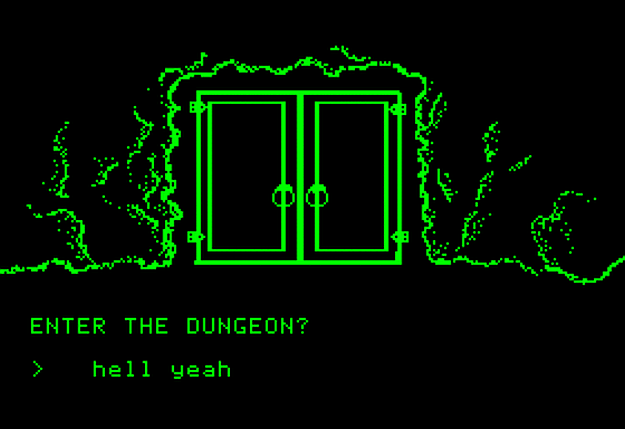Because it claims that the things I like from that period are somehow "not old school" for one; it claims exclusive use of a term that they don't have the right to.
But that's kind of an odd way to look at it.
One of the less-than-fun aspects of discussing things on the internet is that people tend to get caught up on arguing about the terms that other people are using to describe something, as opposed to trying to engage with the substance. It can be frustrating, because usually these terms are devoid of their actual meaning- they are terms of art. On the other hand, understanding what those terms
mean can be useful. If that is too abstract, I'll provide a simple example-
If someone uses the term "railroad," then it would be really weird for someone to say, "How dare you use the term railroad. I've ridden on railroads. I like Amtrak. You shouldn't be using that term for your silly roleplaying games. You have no right!" Weird, right?
On the other hand, people can have genuine (and occasionally frustrating) conversations about what the term "railroad" means in relation to RPGs.
When people are trying to define their own style of play, or preferences, or they are making a call for others to engage in a similar style of play, they will often come up with names for it- "Skilled Play," or "Fiction First," or "Story Now," or "OSR (Old School Renaissance et al.)," or "FKR (Free Kriegsspiel Revolution)," or any one of a number of phrases.
Now, as I am sure you know, it is nearly impossible to have a conversation about any of those phrases without someone saying a variant of, "How dare you! My game has skill/fiction/story/is old school. It is gatekeeping/badwrongfun/evilmeanines to exclude my game from your definitions!" In the extreme, you even have people quickly googling free kriegsspiel to "prove" that newer games aren't, in fact, the exact same as the Prussian war game developed in the 1800s.
All of which misses the point. People are trying to use descriptive terms to typify certain commonalities. This is a common thing- film noir, the space opera, spaghetti westerns, bildungsroman, sword-and-sandal, dying earth, surrealism, musique concrete, melodic metalcore, space age pop, etc.
People understand that OSR generally refers to a specific set of games and a specific movement- of course, like any genre definition, it is very difficult to police the boundaries. Some things obviously count, like OD&D and clones of OD&D, some thing obviously don't count, like 3e or BiTD, and others show that the boundary gets blurred.
But if you are attached to the idea that your style of play, whatever it might be, deserves special mention- start your own movement. Come up with a name. Older School. Retro Play. Heck, you can call it .... The One True Shey! That would be pretty cool!
It just seems truly odd to me (based on prior conversations I have seen on the forum) that there are so many people invested in telling other people what they are allowed to call their own styles of play. There is a colorable difference when people are using pejorative terms to describe the way other people play (for example, it is unfortunately common for some to describe how others, but not themselves, play as "Mother May I") but it's always odd to me when people demand the right to name other things that they are not doing. IMO, etc.




